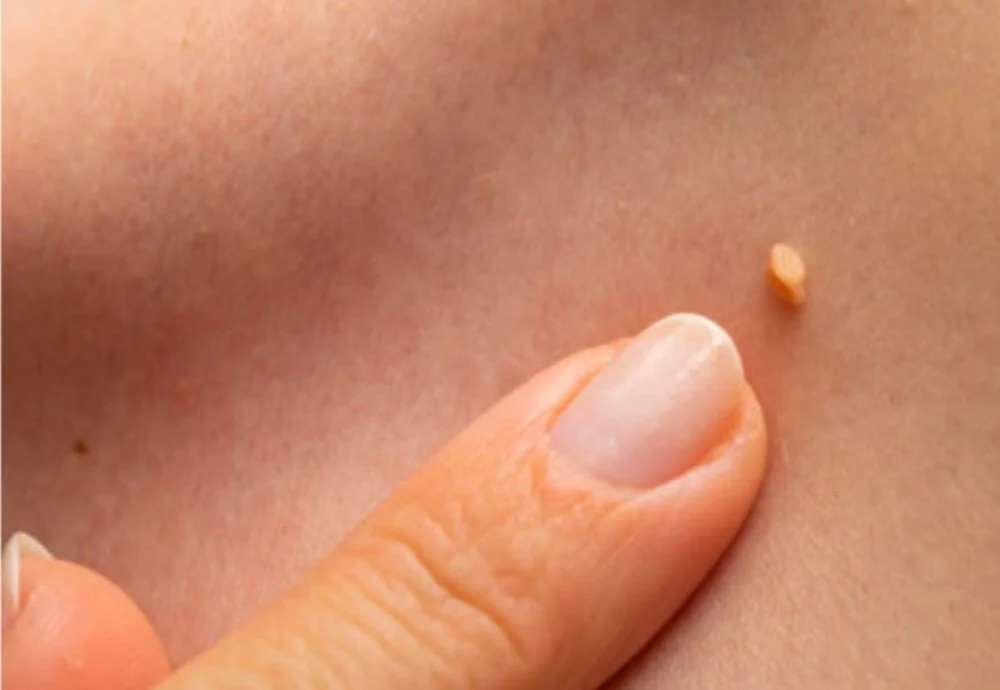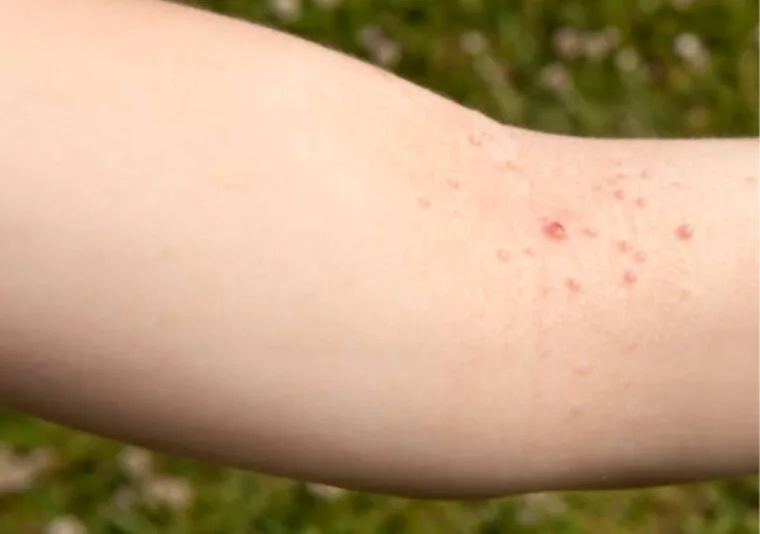
Warts are small, raised growths on the skin or mucous membranes caused by the human papillomavirus (HPV). There are over 200 strains of HPV, each leading to different types of warts, which can appear on the hands, feet, or genitals. Warts are contagious and can spread through direct contact with the wart, skin, or contaminated surfaces. They can also spread from one area of the body to another. While most warts are harmless and go away on their own, they can be bothersome, painful, or unsightly. Treatment options like cryotherapy (freezing), salicylic acid, or surgical removal are available to eliminate them faster. Early treatment can help speed up healing, reduce discomfort, and prevent spreading the virus to others.

Warts can appear as rough, bumpy, or smooth growths in various sizes, often on the hands, feet, or genitals. Symptoms include a raised, hardened area of skin, sometimes with black dots, which are dead capillaries. One treatment option is radiofrequency, a method where high-frequency electrical currents are used to heat and remove the wart tissue. Under topical or local anesthesia, the electrical current is applied to the wart, causing it to break down and be removed. Afterward, the skin typically heals within a week. However, recurrence is common, and follow-up treatments may be necessary to ensure complete removal and prevent future growths
A1: No, warts are generally benign (non-cancerous) and not harmful to your overall health.
A2: Many warts will go away on their own within 1-2 years as the immune system naturally combats the virus.
A3: Yes, warts are contagious, but with proper hygiene and care, you can reduce the risk of spreading them.
A4: Yes, vitiligo can affect individuals of any skin type, although it may be more noticeable in those with darker skin tones.
A5: While warts may return in some cases, many people experience permanent removal with appropriate treatment.
A6: Some natural remedies, like tea tree oil or duct tape, may help in wart removal, though results can vary.
A7: Practicing good hygiene, avoiding direct contact with warts, and using protective footwear can help prevent warts.
A8: No, warts are mostly harmless, and most are easily treated without long-term health effects.
A9: Yes, healthcare providers can remove warts using cryotherapy, laser treatment, or minor surgery if needed.
A10: Yes, warts are common in children, but they often go away as the child’s immune system matures.
Klarity Skin Clinic, M – 69, First Floor,
M Block Market, Greater Kailash II, New Delhi 110048
Copyright © 2025 All Rights Reserved.
Klarity Skin Clinic is Unit of Acara Wellness Private Limited.